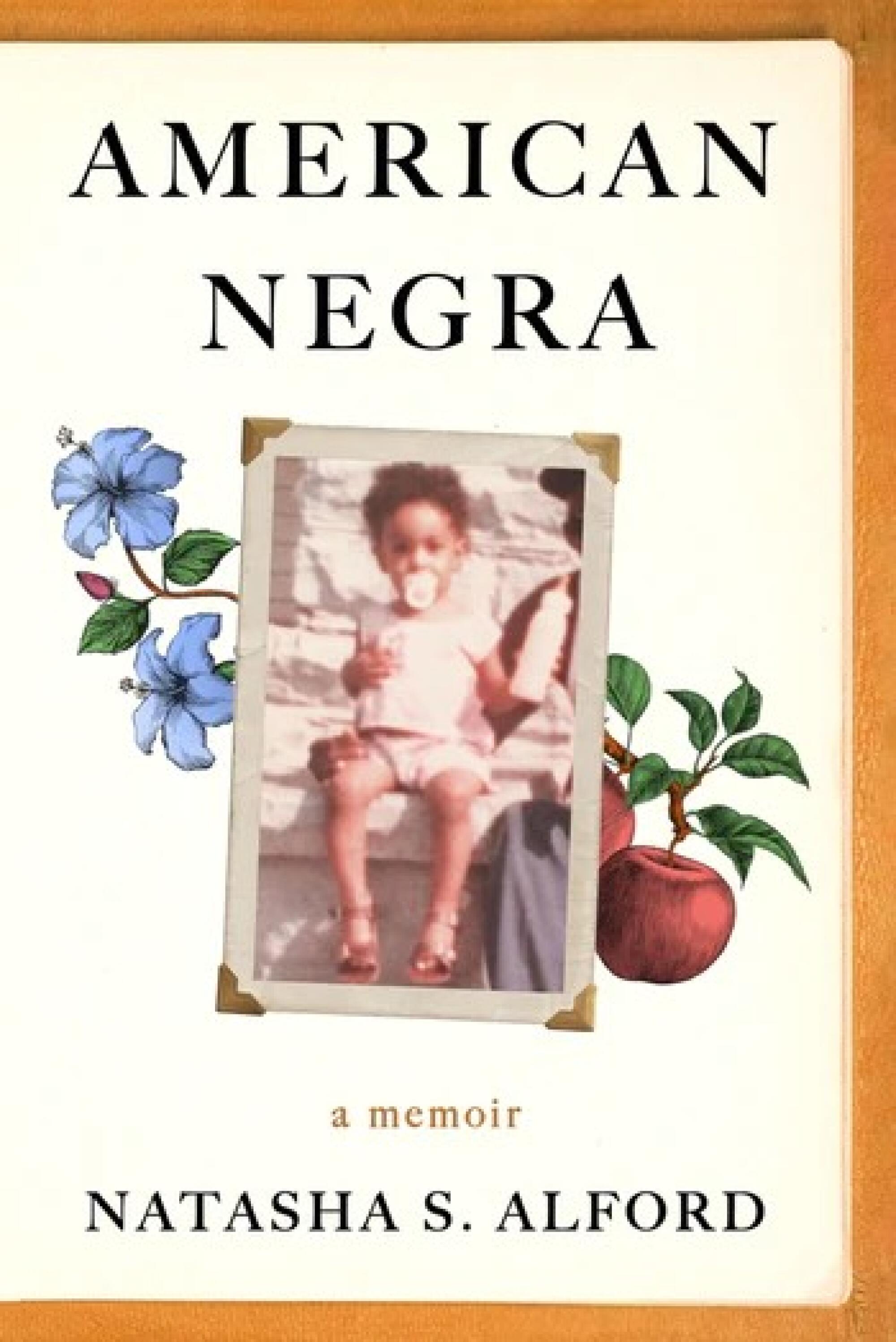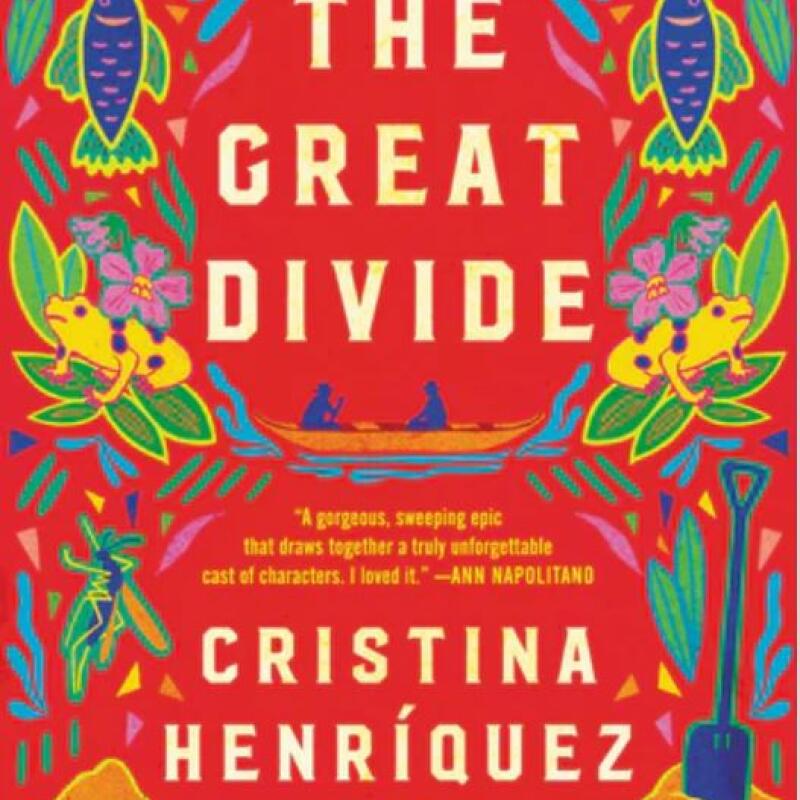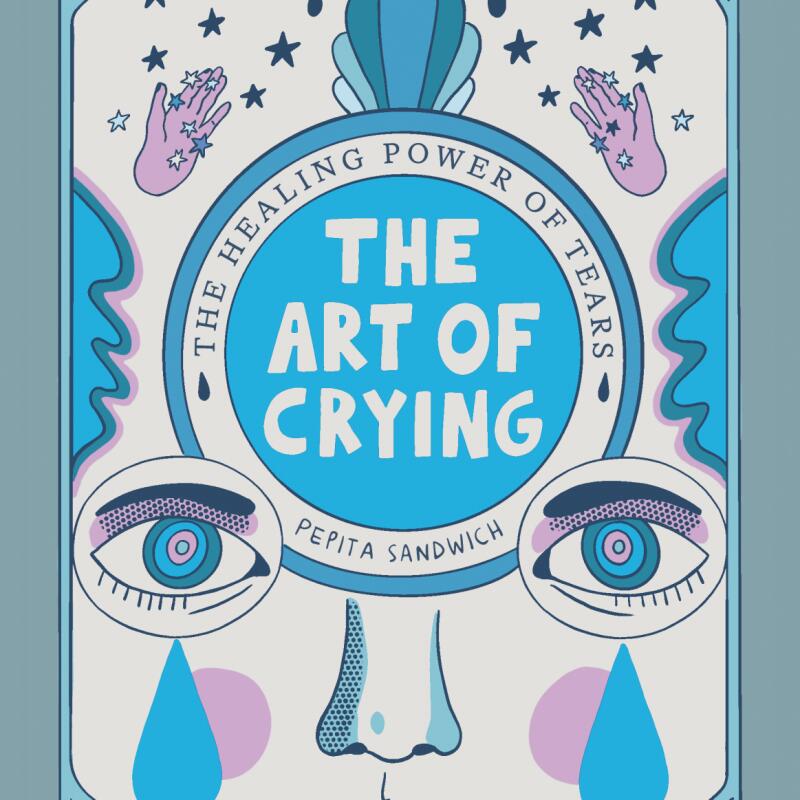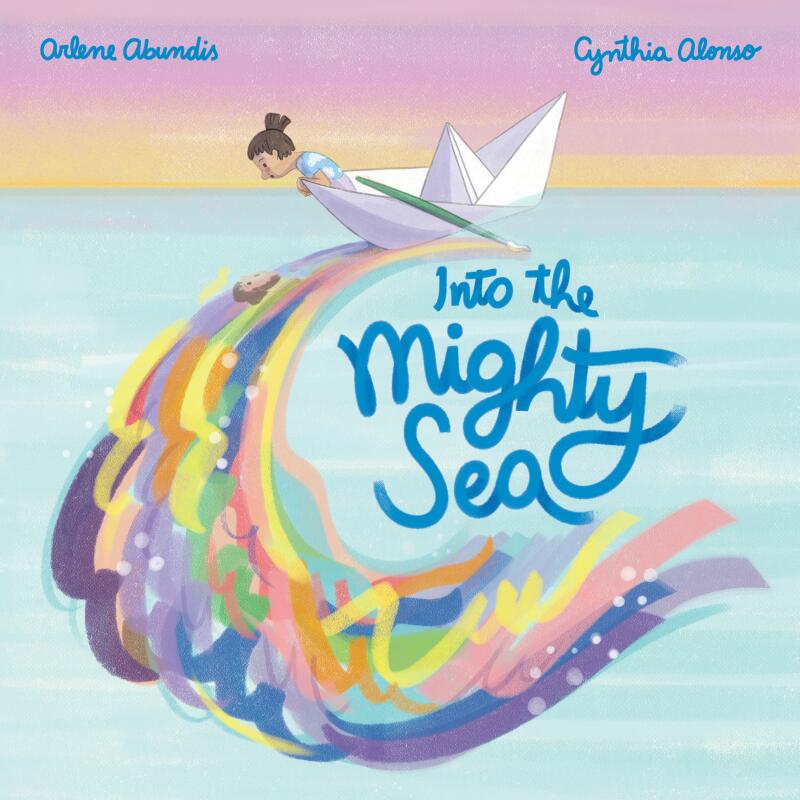
- Share via
Welcome to “De Los Reads,” a monthly feature dedicated to amplifying the vibrant and diverse voices of Latinx authors.
In a literary landscape hungry for diverse voices, journalist Natasha S. Alford’s debut memoir, “American Negra,” offers a refreshing perspective on what it means to be Afro Latina in the United States.

Alford, who is vice president of digital content for the Grio and a CNN political analyst, explores the complexities of growing up as a bicultural child and discusses her embrace of her Black identity while acknowledging her Puerto Rican heritage.
“To me, saying I was Black was not about downplaying my Puerto Rican roots but about rejecting a system that seemed to have rejected me by default,” she writes in her book. “I didn’t look like the Latinos people expected to see in America — it seemed like everyone had gotten a clear memo. And not only was it fairer skin that made you Latino in America but the ability to speak Spanish.”
Many Latinxs are confronted every day with the idea of “performing their identity” by speaking Spanish or even eating certain foods, she says, arguing that American society has many expectations about what Latinos should be.
“I wrote this book for the Latinos who’ve been asked, oh, how do you speak Spanish so well? People act surprised when they order certain kinds of food or they ask for directions. Even with me not being fluent in Spanish, the little Spanish that I speak, I always get sort of surprised reactions from many fellow Latinos, and it has this feeling of making you feel like an alien, even within your own culture, like you don’t belong.” Alford said.
Reggaeton is another element of Alford’s narrative. The blazing beat that ignites dance floors in Latin America and across the U.S. has served as a voice for marginalized communities, offering a platform for artists to address social issues, celebrate cultural heritage and express personal narratives.
As an undergrad at Harvard, Alford wrote her graduation thesis on reggaeton, questioning — as she shared in the memoir — whether Black feminist consciousness was being expressed in the genre.
“When I found La Sista’s work specifically, that was life-changing for me. … [She] showed what it meant to give a Latina woman, particularly a Latina woman of color, the microphone … [in] a genre where a lot of women were, ‘I can be in the background and the subject of male desires,’” wrote Alford.
In the intersections of race and ethnicity, many Afro Latinxs are cornered by a society that challenges their identities to fit in, she says.
“American Negra is about how you create a career and life path in general where you get to be your full authentic self,” Alford said. “There were times when I perhaps sacrificed certain parts of my identity, or I code switched … We may straighten our hair, we may wear certain clothes. I did all of those things in an attempt to look quote-unquote presentable … utilize respectability politics to fit in. … In moving away from that respectability … that is in honoring your uniqueness and your heritage … [when] you actually can thrive … there’s freedom in that.”
De Los Reads June picks



(Ecco) (Voracious) (HarperCollins)
The Great Divide by Cristina Henriquez (Ecco, March)
This captivating historical fiction takes the reader back to 1907, to the bustling world of Panama amid the monumental construction of the Panama Canal. It follows the story of Omar, who defies his father’s wishes to seek companionship and opportunity in the excavation zone, and Ada, a spirited Barbadian teen who travels to Panama seeking a job to pay for her sister’s life-saving surgery. Against the backdrop of historical events, this gripping tale navigates the complexities of human connection and resilience, offering a poignant glimpse into the lives of those who shaped the canal’s legacy.
The Art of Crying. The Healing Power of Tears by Pepita Sandwich (Voracious, April)
In many societies, crying is a sign of vulnerability or weakness. This graphic novel challenges the stigma surrounding tears, presenting them as a powerful act of healing and self-compassion. Through playful illustrations and introspective prose, the author guides readers on a journey of questioning and self-discovery, offering a refreshing perspective on the transformative potential of tears. [Disclaimer: Pepita Sandwich has previously contributed to De Los.]
Into the Mighty Sea by Arlene Abundis, illustrated by Cynthia Alonso (HarperCollins, June)
This picture book is a heartfelt voyage through the turbulent waters of childhood emotions and thoughts. It’s a tender narrative that celebrates the power of familial love and the importance of embracing and accepting strong emotions. The story’s comforting illustrations create a safe harbor where families can explore their feelings together. From moments of joy to those of fear and uncertainty, the story guides readers on a journey toward emotional safety.
Roxsy Lin is a bilingual journalist and illustrator originally from Venezuela. Her work focuses on the pulse of the modern rhythms of Latinidad, arts and culture. @roxsy_lin
More to Read
The Latinx experience chronicled
Get the Latinx Files newsletter for stories that capture the multitudes within our communities.
You may occasionally receive promotional content from the Los Angeles Times.






